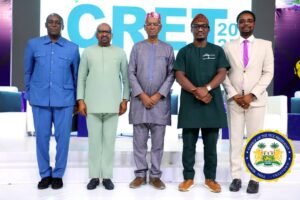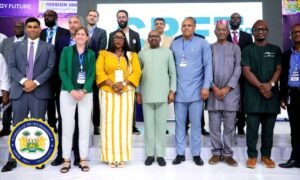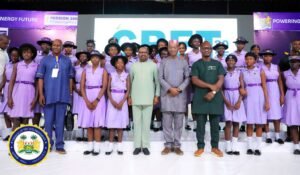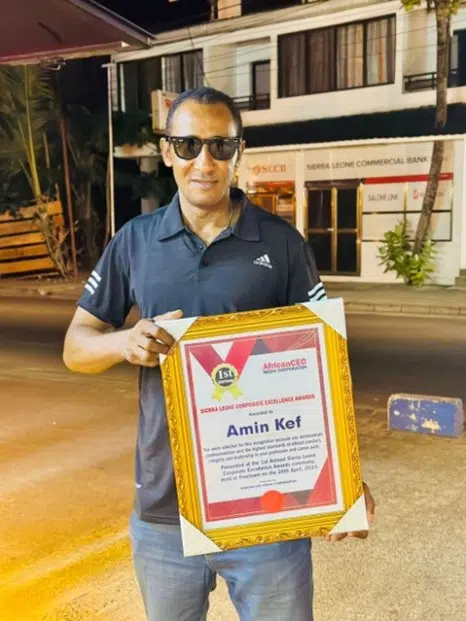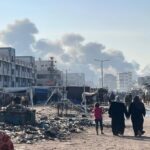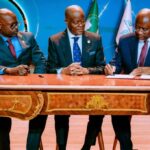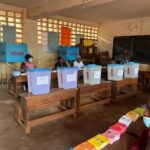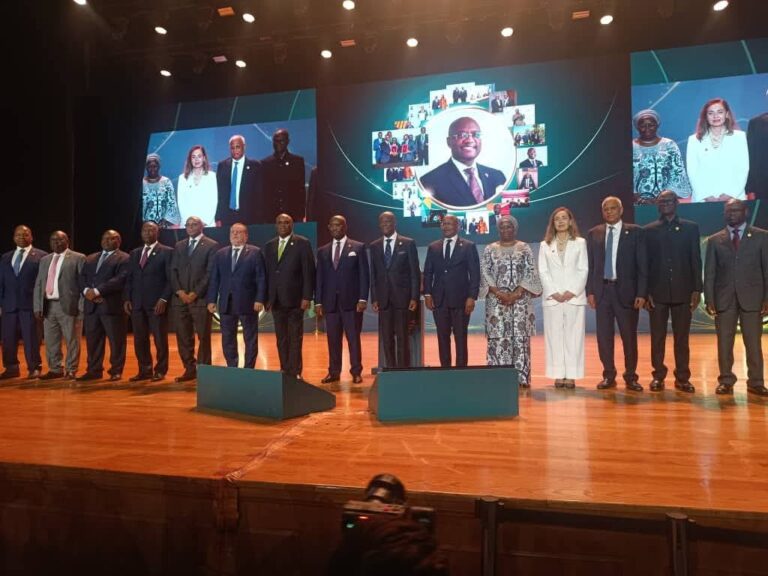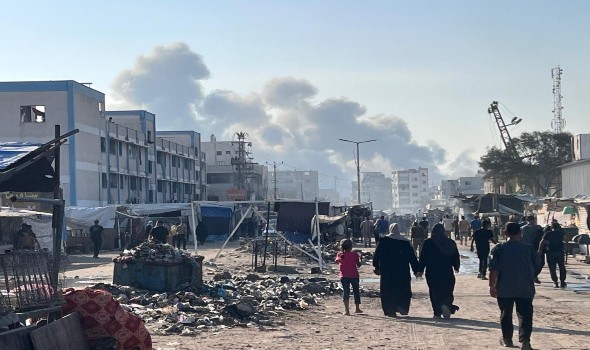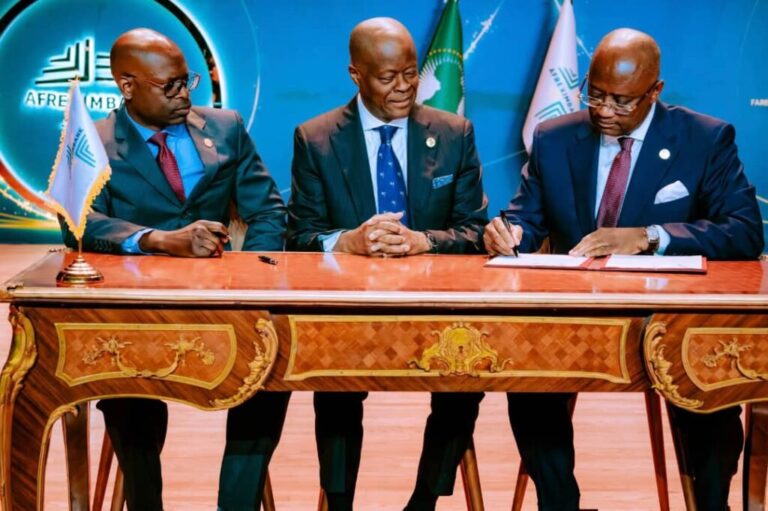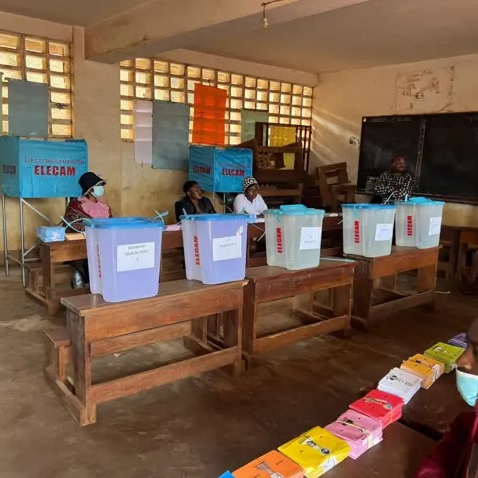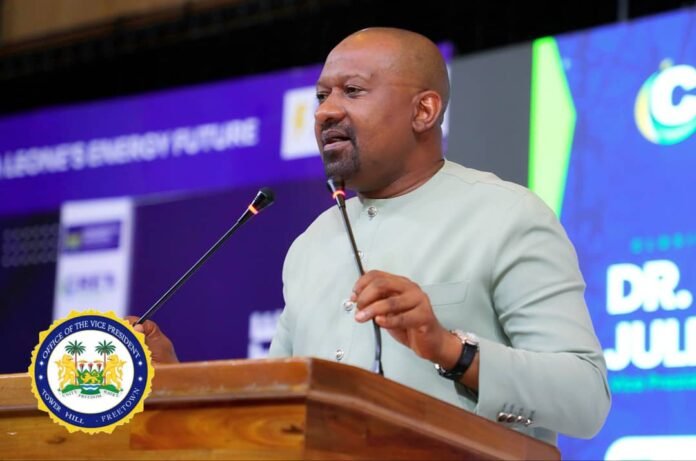
By Alvin Lansana Kargbo
Vice President Dr. Mohamed Juldeh Jalloh has, on Tuesday October 21, 2025, pledged decisive Government action to implement the recommendations emerging from the third Climate Resilience and Energy Transition Dialogue (CRET 2025), describing the event as a pivotal moment in Sierra Leone’s journey toward sustainable energy and economic transformation. Speaking at the close of the two-day dialogue in Freetown, Dr. Mohamed Juldeh Jalloh, said he would present the full set of recommendations to President Dr. Julius Maada Bio, assuring participants that a comprehensive framework would be developed to track and enforce implementation. He commended organizers, development partners and private sector stakeholders for their strong engagement, singling out Big Prep and the PPEP team for their leadership in advancing the country’s energy reform agenda.
The Vice President said the third edition of the dialogue reaffirmed his confidence that Sierra Leone’s energy transformation is well within reach.
He noted that the country now has a credible, data-driven and nationally endorsed energy plan designed to expand access through infrastructure investment, improve utility performance, boost renewable energy generation and increase private sector participation across the energy value chain. Reliable and affordable energy, he emphasized, lies at the heart of Sierra Leone’s national development strategy and is vital to achieving the targets outlined in the government’s Medium-Term National Development Plan.
Dr. Mohamed Juldeh Jalloh recalled that since 2018, the Bio administration has prioritized human capital development through free quality education and healthcare reforms, achievements that have expanded access for girls, increased female enrollment in tertiary institutions and reduced maternal and infant mortality rates.
However, he observed that those social gains have raised citizens’ expectations for job creation and economic empowerment. The Government’s second term, he explained, is focused on revitalizing the productive sectors, with agriculture at the forefront as both an engine for food security and a foundation for industrialization, job creation and export diversification.
Linking those national objectives to President Bio’s “Big Five” game changers, the Vice President reaffirmed Government’s commitment to creating 500,000 jobs for young people while aligning development policies with global efforts to reduce carbon emissions. He identified limited access to affordable and reliable energy as one of the greatest obstacles to national growth, emphasizing that modernizing infrastructure, reducing technical and commercial losses, improving the financial viability of the energy sector and scaling up renewable investments are essential steps toward overcoming this challenge.
Highlighting progress made so far, Dr. Mohamed Juldeh Jalloh reported that national energy access has risen from 16 percent in 2018 to 36 percent in 2025—nearly halfway to the Government’s target of 78 percent by 2030. He underscored that this growth must be inclusive, ensuring electricity access for both households and enterprises, particularly in rural and hard-to-reach areas. Sustainable access to energy, he said, is indispensable to translating progress in education, health and agriculture into real social equity.
Drawing from his academic and professional experience, the Vice President warned that overly centralized, state-dominated models of power generation and distribution have historically slowed development across Africa. He stressed the importance of enabling the private sector to lead in innovation, generation and distribution while the state focuses on regulation and accountability. He welcomed the dialogue’s emphasis on private sector participation as a cornerstone of Sierra Leone’s energy transition strategy, explaining that transparent governance and adherence to the rule of law are key to attracting investor confidence.
Dr. Mohamed Juldeh Jalloh also extended gratitude to international development partners, multilateral institutions and private investors for their continued collaboration and technical support. He reaffirmed that the Government remains committed to translating the recommendations from CRET 2025 into concrete policy actions that will drive inclusive growth, strengthen climate resilience and secure Sierra Leone’s clean energy future.
He concluded that the country’s progress toward sustainable energy and climate adaptation will depend on transparent governance, private sector innovation and the collective determination of all Sierra Leoneans. Through that commitment, the Vice President asserted, Sierra Leone is firmly on course to achieve its energy goals; targeting 78 percent national access, stronger private sector participation, and a greener, more resilient economy by 2030.
